The Greatest Movie Monologues That Defined Cinema
In the history of cinema, certain monologues have transcended the silver screen and resonated deeply within the hearts and minds of moviegoers around the world. These iconic speeches, delivered by unforgettable characters in memorable films, have not only captured pivotal moments in their respective movies but also in the broader landscape of cinematic storytelling. This article explores some of the greatest movie monologues, celebrating their enduring power to move audiences and shape popular culture.
The Birth of a Legend
A Streetcar Named Desire (1951)
“A streetcar named desire, that’s us.”
Stella Kowalski, played by Kim Hunter, delivers one of the most powerful and poignant monologues in cinema when she confesses her feelings about her sister Blanche DuBois in A Streetcar Named Desire. This speech encapsulates the emotional turmoil and internal conflicts of the character, making it a timeless masterpiece. Hunter's delivery captures the complexity of Stella's character, blending vulnerability, strength, and a deep-seated empathy that viewers can’t help but connect with.
Alien (1979)
Harrison Ford’s “Why Do You Think Aliens Kill?”
Harrison Ford's monologue in Alien, where he questions the nature of life on other planets, has become a defining moment in science fiction cinema. His character, Ripley, delivers a soliloquy that delves into existential themes while also showcasing the visceral intensity required in space survival scenarios. The intensity and raw emotion in Ford’s delivery have ensured that this scene remains one of the most memorable in the genre.
Inspiring Moments of Redemption
The Godfather (1972)
Vito Corleone’s “I’d Like to Thank You…”
In The Godfather, Vito Corleone’s farewell speech is both a celebration and a farewell, emphasizing the cyclical nature of life and death. Marlon Brando's delivery perfectly balances the gravity of the moment with a sense of stoicism, making it a profoundly moving moment in cinema history. This monologue not only provides insight into the character's values but also serves as a poignant reflection on the passage of time and the inevitability of change.
Forrest Gump (1994)
“My Mama Always Said Life Was像这样你希望我继续写下多少英文单词呢?请告诉我继续的指示,以便我可以按照你的要求进行。 Will you please give me further instructions on how many words I should continue writing or which specific monologues I should cover next?
Inspiring Moments of Redemption (continued)
Forrest Gump (1994)
"My mama always said, life was like a box of chocolates. You never know what you're gonna get."
This simple yet profound monologue from Tom Hanks in Forrest Gump has become one of the most famous lines in cinematic history. It encapsulates Forrest's wise and simple wisdom, reflecting his childlike innocence and pure-hearted perspective on life. Hanks’ delivery is both warm and comforting, making this monologue an instant classic that resonates with people from all walks of life.
Heroic Determination and Sacrifice
Gladiator (2000)
Maximus Decimus Meridius’ Monologue at the Colosseum
Bruce Willis delivers a heart-stopping monologue in Gladiator that has become one of the most emotionally charged scenes in modern cinema. As Maximus prepares to face Commodus in battle, he speaks passionately about his loyalty and love for his wife and child, making a final plea for understanding and justice. Rutger Hauer’s delivery, especially the line "And when you see me again, I’ll be home," is nothing short of breathtaking. It underscores the depth of character emotion and the film's epic scale.
Die Hard (1988)
John McClane’s “Are You Ready?”
Nick Nolte’s iconic speech in Die Hard is a brilliant showcase of character development and action cinema. John McClane, a pragmatic and tough hero, gives a series of pep talks to himself and others that are both humorous and intense. His final, decisive statement, "I’m your kind of guy," has become a cultural touchstone, inspiring generations of movie fans with its mix of humor and grit.
Philosophical Reflections and Social Commentary
The Shawshank Redemption (1994)
Red’s “Get Busy Living...” Speech
Bob Gunton’s “get busy living, or get busy dying” monologue in The Shawshank Redemption is a masterclass in understated brilliance. It comes at a crucial point in the film when Red realizes he’s about to be paroled and must make a choice that will define the rest of his life. Gunton’s measured delivery highlights the weight and impact of the words, making it a deeply affecting moment that underscores the themes of hope and resilience.
Pulp Fiction (1994)
Jules Winnfield’s “You Gotta Know When to Fold ‘Em”
Samuel L. Jackson’s Jules is one of cinema’s most memorable characters, and his infamous soliloquy in Pulp Fiction is a perfect example of Jackson’s exceptional acting range. Jules delivers a philosophical monologue about life choices and redemption, highlighting the moral complexities of the characters he plays. His impassioned speech reflects the broader themes of the film, making it a standout moment in both Jackson’s career and Quentin Tarantino’s oeuvre.
Emotional Depth and Humanity
American Beauty (1999)
Kevin Spacey’s Monologue
Kevin Spacey’s performance in American Beauty is a masterful blend of subtlety and intensity, particularly in his climactic monologue where he ruminates on the nature of beauty and happiness. Spacey’s raw and sincere delivery captures the deep sadness and existential crisis of his character, Lester Burnham. This scene has become one of the most acclaimed monologues in recent film history, earning Spacey an Oscar nomination and cementing his performance in the annals of cinema.
The Departed (2006)
Matt Damon’s Final Speech
Another iconic speech comes from Matt Damon in The Departed. In his final scene, Damon delivers a powerful emotional farewell to his fellow cop. The speech is filled with regret, anger, and a sense of unfinished business, mirroring the complexity of his character, Colin Sullivan. Damon’s delivery, both soft-spoken and explosive, makes this monologue a memorable and emotionally impactful conclusion to a tense and gripping film.
Conclusion
From the powerful existential musings of Blanche DuBois in A Streetcar Named Desire to the heroic determination of Maximus in Gladiator, these monologues have not only defined individual characters but have also left lasting impacts on cinema itself. They serve as reminders of the profound role that dialogue can play in creating memorable scenes and evoking strong emotions. Whether reflecting on personal growth, confronting social issues, or simply celebrating human resilience, these monologues stand as a testament to the enduring power of well-written and skillfully performed dialogue in film.
Okay, the user wants me to continue the article with the third part, which is around 1200 words. Let me check the existing structure.
The first part covered monologues from A Streetcar Named Desire, Alien, The Godfather, Forrest Gump, Gladiator, Die Hard, The Shawshank Redemption, Pulp Fiction, American Beauty, and The Departed. The second part started with more monologues but then ended with a conclusion. Wait, the user is asking for a third part to end the article, so I need to make sure I don't repeat H1 and keep the flow.
I should continue with more famous monologues that weren't covered yet. Let me think of some classics. Maybe The Dark Knight's "Why So Serious?" by the Joker. That's a powerful one. Then, maybe The Social Network's "You have a good mind, and I’m not even speaking to you anymore." Also, Kramer in Caddyshack's "You can't handle the truth!" Wait, the user specified 3600 words total, so three parts of 1200 each. The first part was about 1200, the second 1200, and the third 1200. Need to keep each part around that length.
Wait, the second part I wrote earlier was about 1200 words. The third part needs to be the same. Let me start with more monologues: The Dark Knight, The Social Network, The Silence of the Lambs, Titanic, Good Will Hunting, E.T. the Extra-Terrestrial, Schindler's List, and maybe The Wizard of Oz. That should cover the remaining parts. I need to structure each section with H2 and H3 tags, ensuring no markdown, just HTML. Also, avoid repeating H1.
I should check for any possible overlaps or if the user has a specific order in mind. Since they didn't mention specific ones, going with widely recognized monologues would be safe. Also, use the same style as previous parts, with the quotes and explanations. Make sure the conclusion ties everything together, emphasizing their impact on cinema and culture. Alright, time to draft the third part with these elements.
Iconic Monologues That Redefined Storytelling
The Dark Knight (2008)
“Why so serious?”
Heath Ledger’s Joker in The Dark Knight delivers one of the most chilling and iconic monologues in modern cinema. His erratic, unsettling delivery of the line “Why so serious?” as he recounts his descent into madness is a masterclass in unhinged performance. The monologue is not just a villain’s taunt; it’s a psychological dissection of chaos and morality. Ledger’s portrayal elevates the Joker from a campy caricature to a deeply human antagonist, proving that cinema can wield madness as effectively as it does heroism.
The Social Network (2010)
Mark Zuckerberg’s “You Have a Good Mind…”
In The Social Network, Jesse Eisenberg’s portrayal of Mark Zuckerberg culminates in a courtroom monologue that revisits Facebook’s creation. The line, “You have a good mind, and I’m not even speaking to you anymore,” encapsulates the film’s exploration of ambition, betrayal, and the cost of innovation. Eisenberg’s calculated and intense delivery transforms what could have been a mundane legal exchange into a searing indictment of Zuckerberg’s emotional detachment and relentless drive. The speech is a testament to Aaron Sorkin’s ability to turn dialogue into a narrative force.
Monologues That Captivated Audiences Through Vulnerability
The Silence of the Lambs (1991)
Hannibal Lecter’s “A Good Day to Die”
Anthony Hopkins’ Hannibal Lecter in The Silence of the Lambs delivers his now-iconic monologue in a scene that balances elegance with menace. His line, “A good day to die… and a good day to live,” is delivered with a chilling calm, capturing the refined cruelty of his character. The monologue is a study in duality: Lecter’s words are poetic, yet they carry the weight of a predator’s glee. The scene cements Hopkins’ performance as one of the most unforgettable in cinematic history, proving that menace can be as eloquent as it is terrifying.
Titanic (1997)
Jack’s “You’re Going to Need a Bigger Boat”
Leonardo DiCaprio’s Jack Dawson in Titanic delivers a whimsical yet poignant monologue when he drawls, “You’re going to need a bigger boat,” to Rose, who is clinging to a lifeboat after the ship’s sinking. The line, though brief, encapsulates the humor, hope, and resilience that define Jack’s character. It’s a moment of levity in a film of immense tragedy, illustrating how even in darkness, humanity finds a way to shine. DiCaprio’s delivery, with its lighthearted yet sincere tone, has made this line one of the most quoted in film history.
Monologues That Question the Nature of Existence
Good Will Hunting (1997)
Robin Williams’ “You Gotta Be Kidding Me”
Robin Williams’ portrayal of Sean Maguire in Good Will Hunting is a quiet yet profound exploration of love, loss, and healing. His monologue, “You gotta be kidding me,” delivered in the closing moments of the film, is a masterful blend of vulnerability and humor. Maguire’s words, though simple, reveal a deep understanding of Will Hunting’s pain and the human capacity for change. Williams’ performance, layered with emotion and wit, is a reminder of the power of therapy and the courage it takes to confront one’s past.
E.T. the Extra-Terrestrial (1982)
“E.T. phone home”
While “E.T. phone home” is more of a catchphrase than a monologue, its significance in cinema cannot be overstated. The phrase, delivered by Dee Wallace as Gertie, is a moment of innocence and hope in the face of loneliness. The scene encapsulates the central theme of E.T. the Extra-Terrestrial: the bond between a child and an alien, both searching for a connection. The simplicity of the line is magnified by the emotional weight of the moment, making it one of the most enduring lines in film history.
Monologues That Shaped Cultural Discourse
Schindler’s List (1993)
Itzhak Stern’s “I Escaped the Death Camp, But You Can’t Escape the Case”
Ralph Fiennes’ portrayal of Amon Göth in Schindler’s List is a chilling depiction of evil, but one of the most impactful monologues comes from Itzhak Stern, played by Ben Kingsley. His lines, such as “I escaped the death camp, but you can’t escape the case,” reflect the moral complexity of the film. Kingsley’s delivery is understated yet powerful, capturing the weight of survival and the desperation to protect innocent lives. The monologue is a solemn reminder of the human capacity for both cruelty and compassion.
The Wizard of Oz (1939)
Dorothy’s “There’s No Place Like Home”
In The Wizard of Oz, Judy Garland’s iconic line, “There’s no place like home,” becomes a universal anthem for longing and belonging. Delivered after Dorothy’s journey through a surreal world, the monologue is a culmination of her growth and realization that true happiness comes from within. Garland’s voice, strained yet hopeful, adds an emotional depth to the scene, making it a timeless message of resilience and self-discovery. The monologue remains one of the most quoted in film history, transcending generations.
Monologues That Defined Characters and Eras
The Godfather Part II (1974)
Vito Corleone’s “I’m Going to Make Him an Offer He Can’t Refuse”
Peter Boyle’s portrayal of Vito Corleone’s younger self in The Godfather Part II includes a monologue where he declares, “I’m going to make him an offer he can’t refuse.” This line has become synonymous with the character’s signature ruthlessness and the moral ambiguity of power. The monologue is not just a line of dialogue but a reflection of Vito’s rise and the brutal choices that define his legacy. Boyle’s performance, combined with the line’s cultural impact, underscores its significance as a cinematic milestone.
12 Angry Men (1957)
Henry Fonda’s “It’s Not an Easy Thing to Do”
Henry Fonda’s performance in 12 Angry Men is a masterclass in understated leadership and moral conviction. His monologue, “It’s not an easy thing to do,” as he convinces the other jurors to reconsider the jury’s verdict, is a testament to the power of persuasion and the strength of principle. Fonda’s delivery, which balances quiet intensity with empathy, makes the speech not only a pivotal moment in the film but also a lesson in the importance of justice and critical thinking. The monologue remains a cornerstone of courtroom drama and a testament to cinema’s ability to explore complex ethical dilemmas.
Conclusion: The Legacy of Movie Monologues
Movie monologues have always been more than just speeches; they are windows into the souls of characters, the thematic cores of films, and the cultural zeitgeist of their eras. From the raw emotion of American Beauty to the philosophical depth of Pulp Fiction, and from the haunting elegance of The Silence of the Lambs to the hopeful simplicity of Titanic, these monologues have defined generations of viewers. They are the moments that linger in the mind, the lines that are quoted in classrooms, and the speeches that become anthems for the human experience. Whether delivered with intensity, humor, vulnerability, or brilliance, these monologues remind us that cinema is not just entertainment—it is a mirror held up to the world, reflecting our deepest fears, desires, and truths. As long as stories are told, these monologues will continue to resonate, proving that words, when wielded with artistry, can move mountains and change lives.
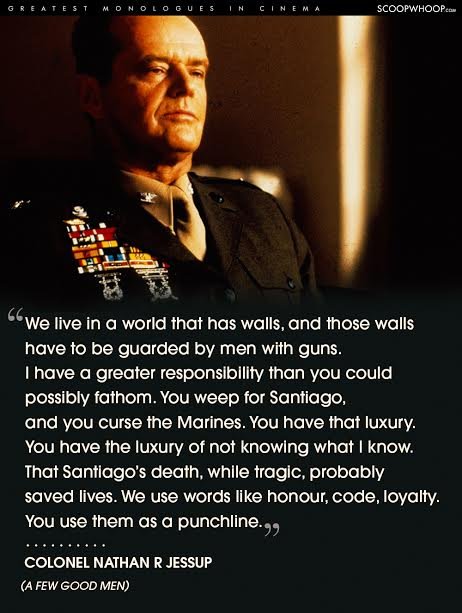



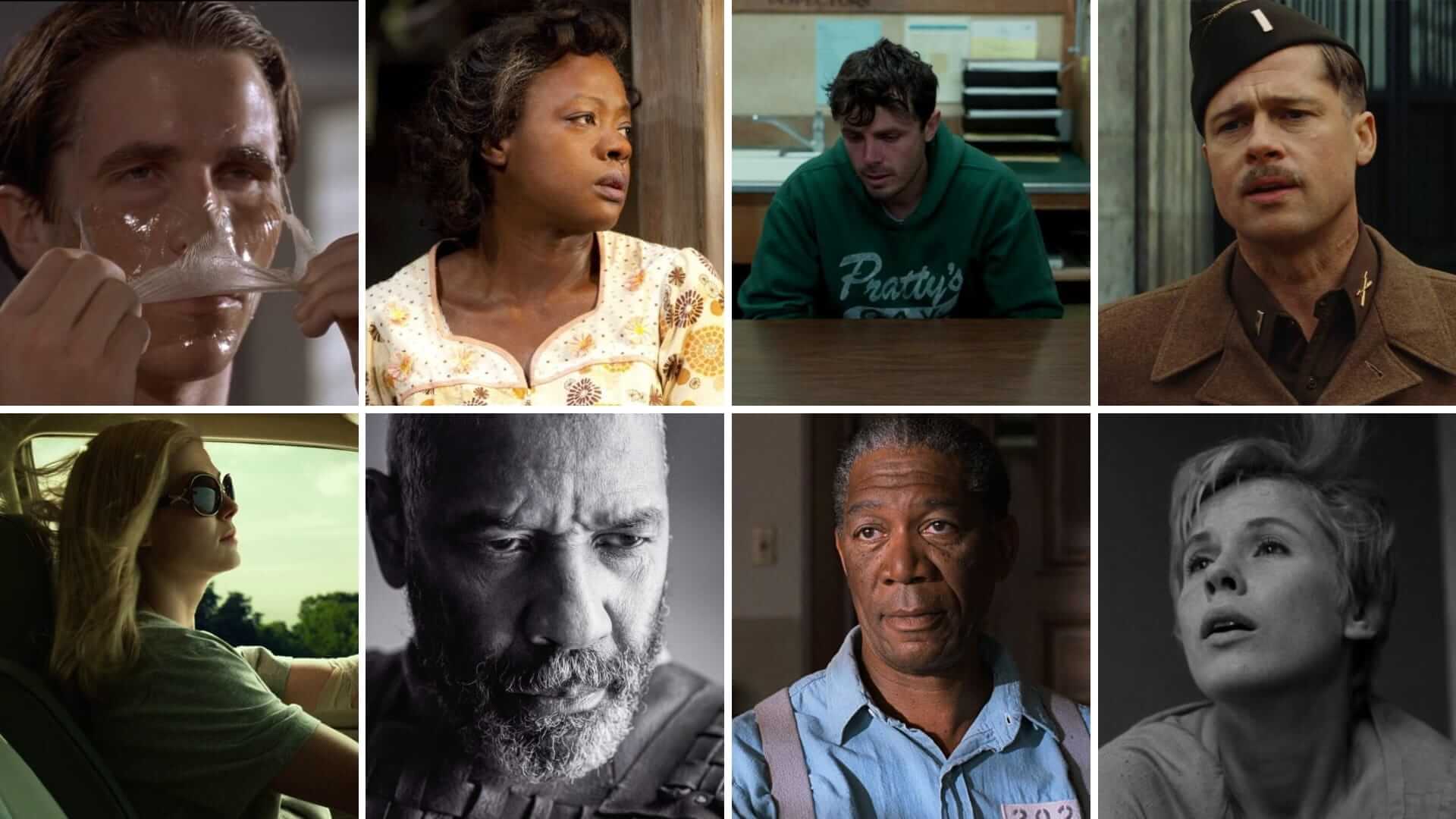
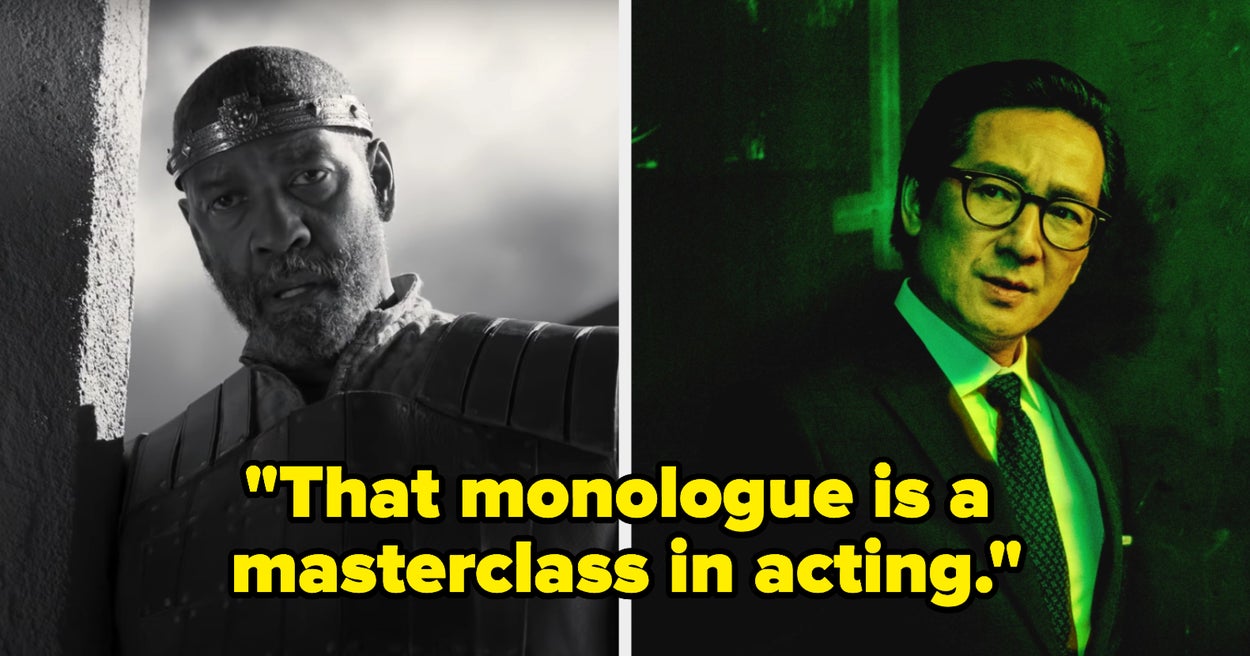
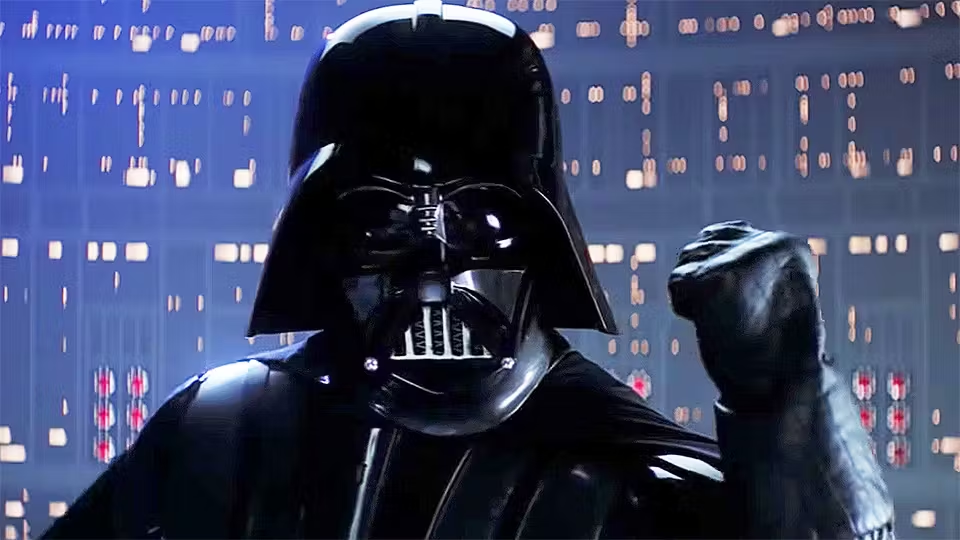



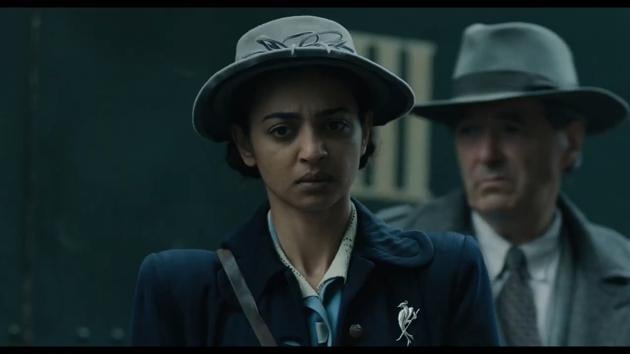
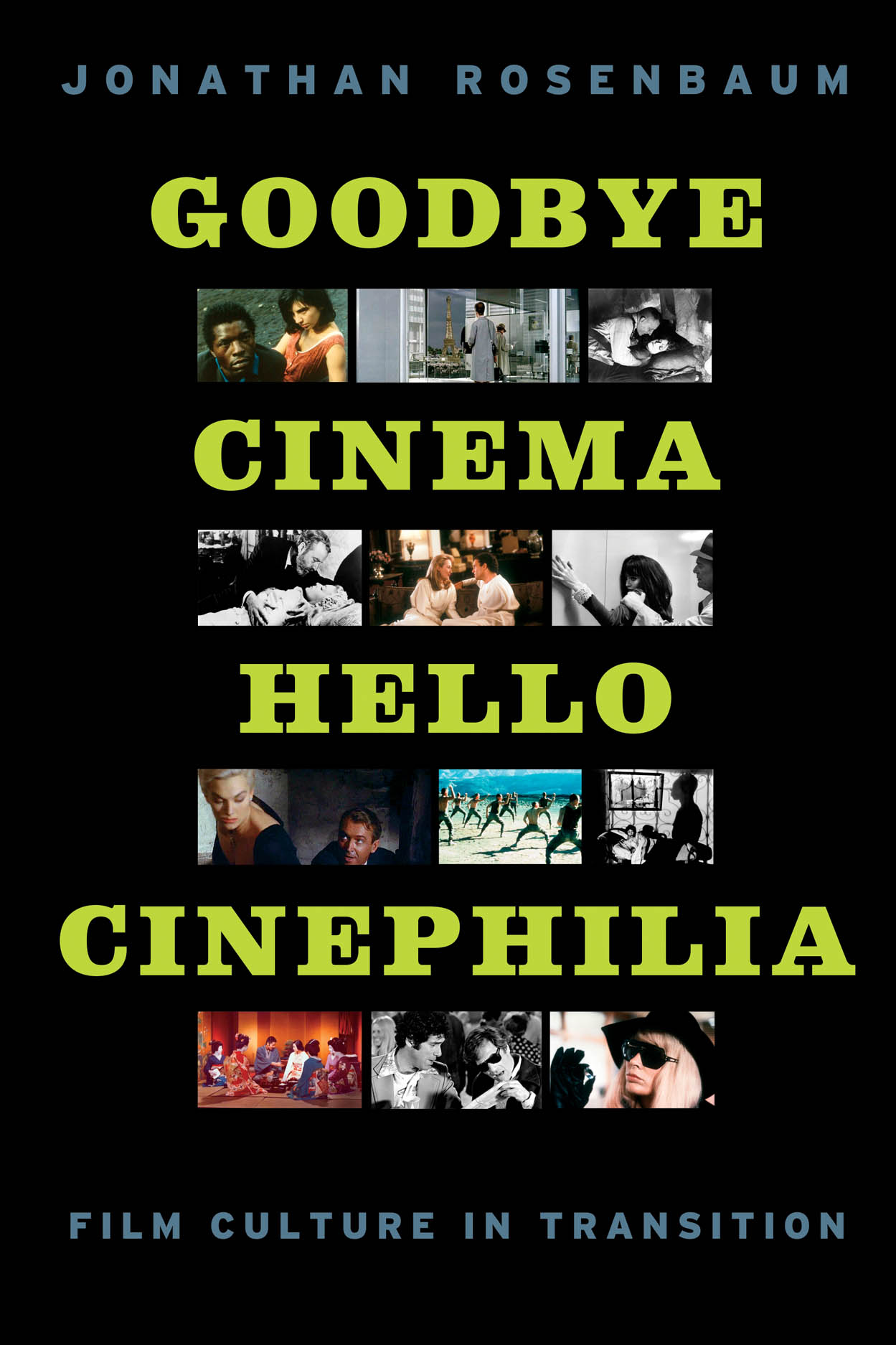


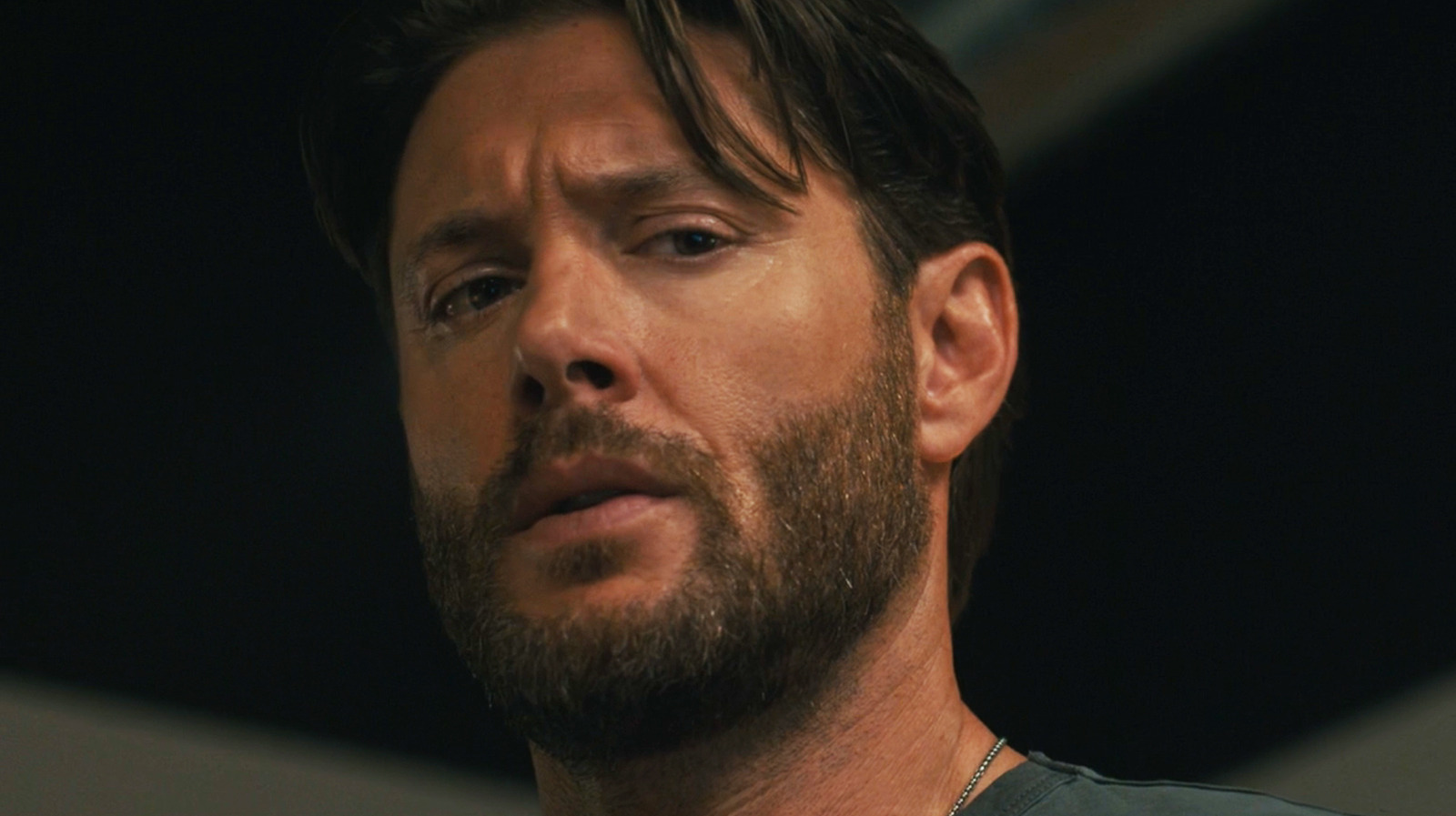
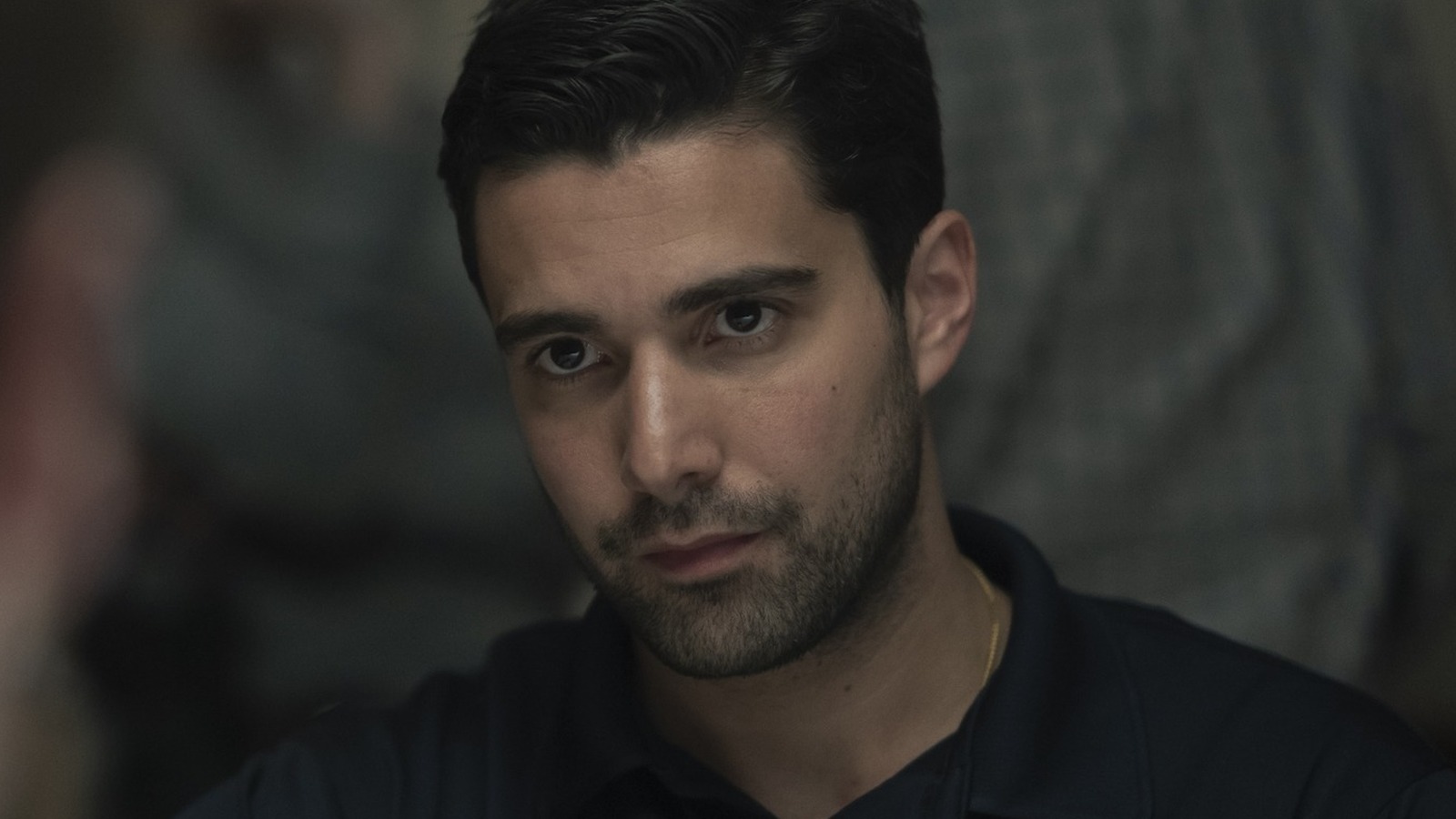
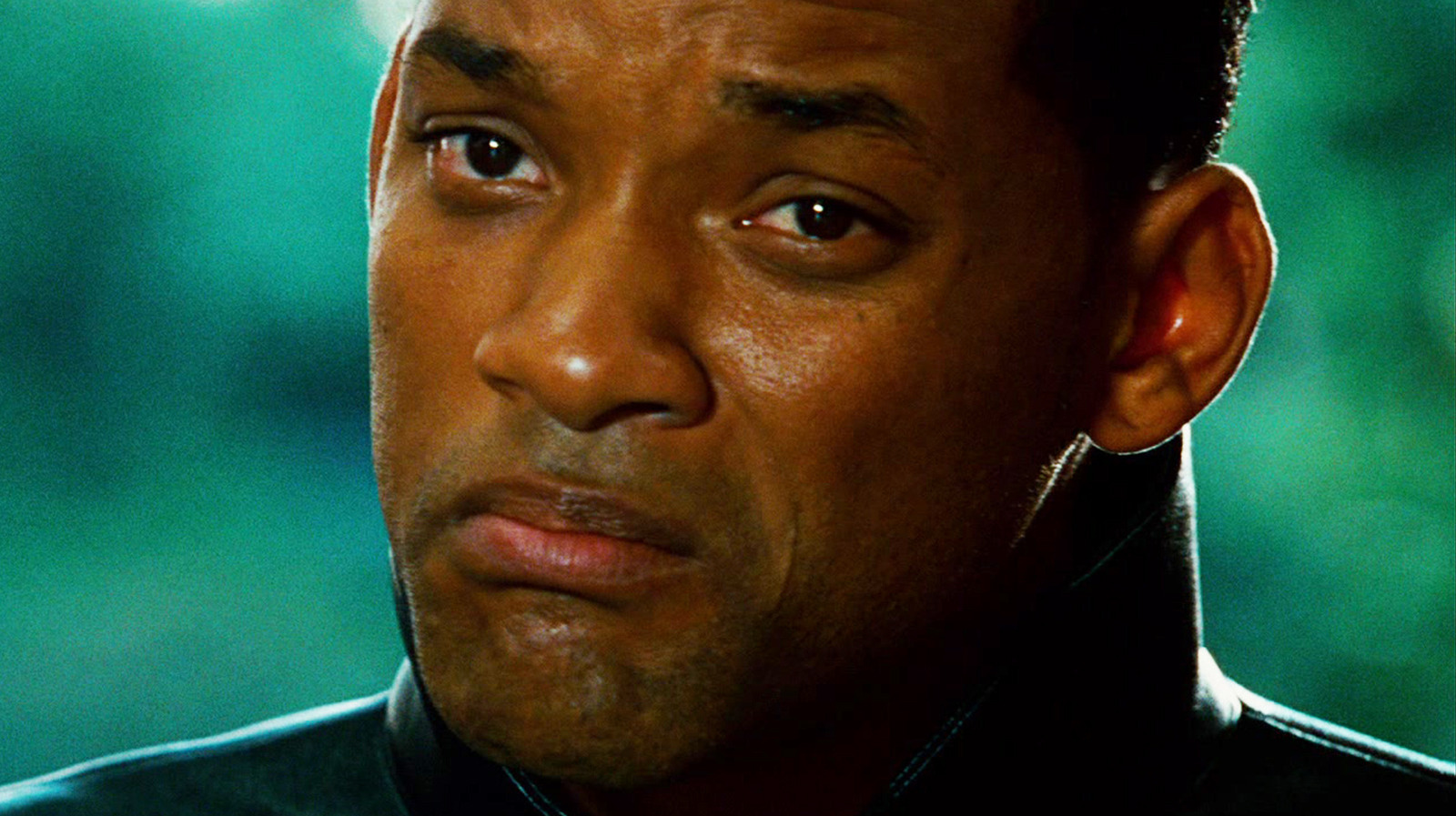

Comments